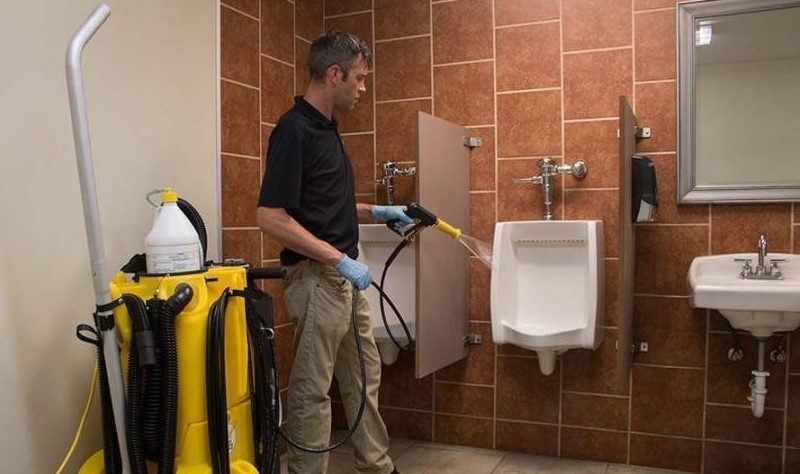Context:
Recently, the Supreme Court of India passed a landmark order to ensure the construction of separate toilet facilities for men, women, persons with disabilities, and transgender persons in all court premises and tribunals across the country.
More on the News
- This order came in response to a writ petition filed in 2023, where the petitioner requested the Court to direct all States and Union Territories to provide basic toilet facilities in all court premises.
- Court’s Reasoning:
- The Court reviewed the key legal provisions including the Indian Constitution, the Transgender Persons (Protection of Rights) Act, and relevant reports, including the Harmonised Guidelines for Universal Accessibility. These reports underline the importance of separate toilets for men, women, and transgender individuals.
- In its judgment, the court highlighted the National Legal Series Authority v. Union of India Case (2014) which had previously mandated separate public toilets for transgender persons.
Key Highlights from the Judgment:
- The SC declared that access to clean public toilets is a basic human right for everyone.
- The Court emphasized that the duty to provide such inclusive facilities falls on the States and Union Territories, as they are essential for public health and the welfare state model.
- Access to proper sanitation is recognized as a fundamental right under Article 21 of the Indian Constitution (It guarantees the right to life and personal liberty).
- This right includes ensuring a safe and hygienic environment for all individuals.
- The SC issued directions for the creation of separate toilet facilities in all Court/Tribunal buildings across India.
- The facilities must cater to men, women, persons with disabilities, and transgender persons.
SC’s Directions to Govts:
- The facilities will be periodically reviewed in consultation with a committee constituted by the High Courts.
- All High Courts, States, and Union Territories have to file a status report within four months, outlining the progress in implementing these directions.
Other provisions related to Sanitation in India
- In LK Koolwal v. State of Rajasthan (1988), The court held that sanitation is part of the right to life under Article 21, recognizing that poor sanitation harms citizens’ health and this has been reinforced by various judicial pronouncements since the 1990s which affirm sanitation as a fundamental right derived from the constitutional right to life.
- Although the Constitution of India does not recognise the right to sanitation explicitly, it does recognise the same indirectly in different forms.
- Sanitation is also a part of the ‘Directive Principles of State Policy’ (DPSP) in Part IV of the Constitution.
- Specifically, it is linked to Article 47, which mandates that the government has to raise the standard of living, and Article 48A, which calls for the protection and improvement of the environment.

